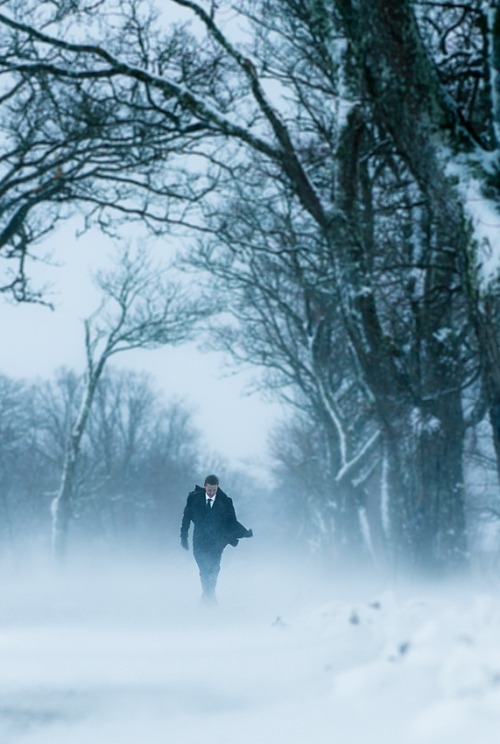 Conventional writing wisdom says never to start a story with the weather.
Conventional writing wisdom says never to start a story with the weather.How can you use weather effectively in your writing? How can you best avoid the dangerous cliches associated with storms and snow, etc.
Some of the greats use weather in ways that ring of cliche. Do they get away with it? Does the ending of James Joyce's "The Dead," earn the snow it uses?
What about Orwell's "It was a bright cold day in April, and the clocks were striking thirteen"
Does Mary Shelley earn her "It was on a dreary night of November that I beheld the accomplishment of my toils." At the beginning of Chapter 6 of Frankenstein? Did you know that this was where she first intended the novel to start?
Weather can be a catalyst for events, such as a flood, a drought, or a freeze.
It can be a backdrop that sets the mood.
Occasionally, (and when it most runs into cliche) weather is used as a metaphor. Be really careful with that one.
PROMPTS:
Write a story or poem in which weather plays a large role. Play around with weather as both an active influence and a more passive one. Have you turned it into a metaphor? Does that work?
Find a scene, story, or poem with a setting that you have written, or one from a work you like. If the passage has one type of weather, what would change if that weather changed? If there is no stated weather, what weather do you think is in the background? What would the effect of different conditions have on the scene.